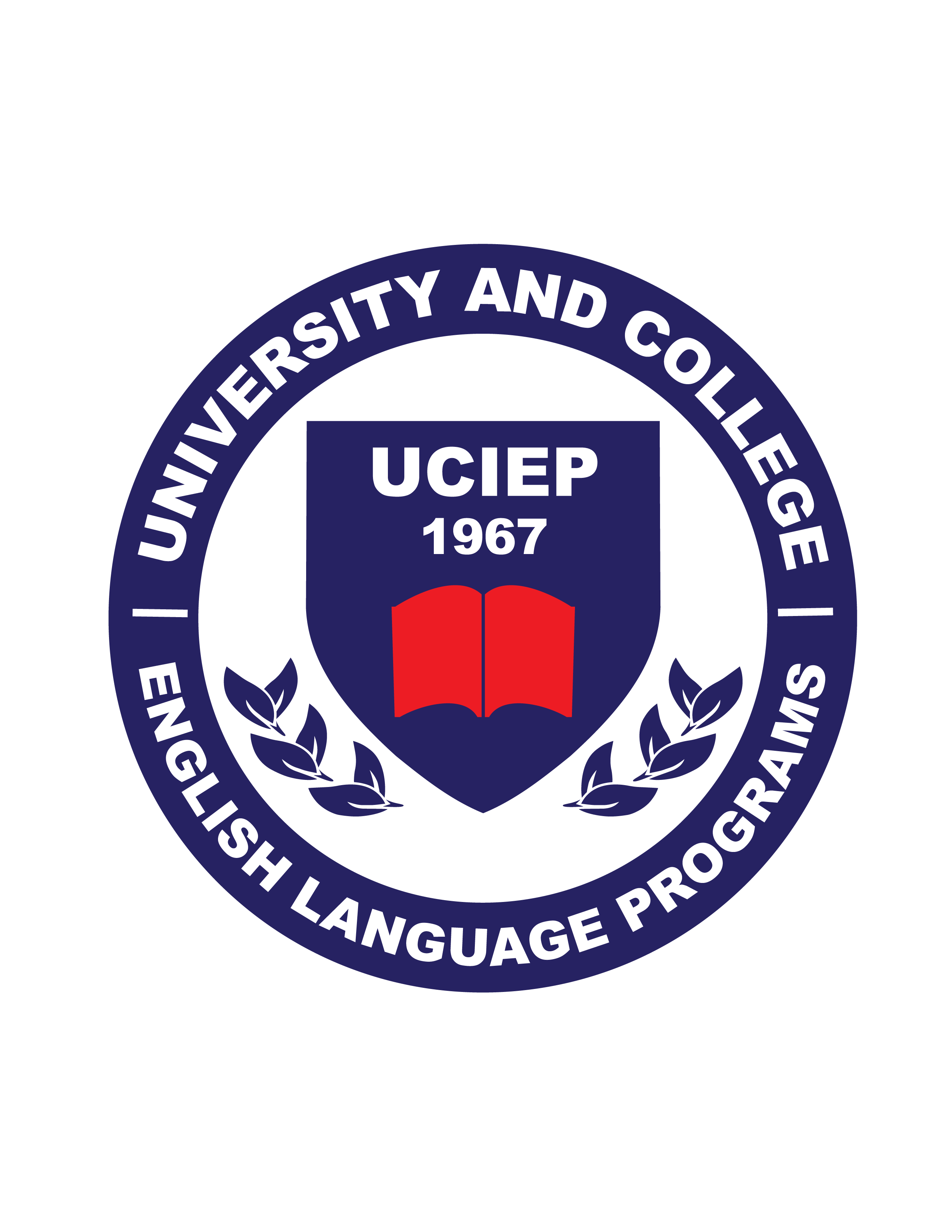Policy on Language Assessment for International Graduate Students with Assistantships:
International graduate students are an important part of our university, and they help the University accomplish its educational goals and mission. Teaching assistants must be able to communicate effectively in English and provide instruction in English, according to the guidelines of their assistantships.
This policy on language assessment applies to any graduate student[1] whose primary language is not English.
- All international graduate students with assistantships will be assessed for language proficiency prior to the start of their first semester.
- Assessments will take place in August and January.
- The assessment will be conducted by a panel of evaluators consisting of the following: an ESL professional, each graduate student’s graduate program chair (GPC) or their designee, and an undergraduate student.
- The panel will use established criteria to evaluate both the aural and oral proficiency, in English, of the graduate student.
- The panel will not evaluate the graduate student’s ability to teach content. That is left to the department.
- Following the assessment, the panel will make a recommendation to the Graduate School on the graduate student’s English proficiency, in relation to their proposed assistantship responsibilities. Upon approval of the Graduate School, the department of the graduate student will be notified.
- The panel’s recommendation will be one of the following:
- Full pass: the graduate student has permission to teach, without conditions, and is eligible to be primary instructor.
- Conditional pass: the graduate student has permission to teach, but they may not be primary instructor. Suitable teaching roles include instructional assistant, laboratory instructor, or other roles where the graduate student is not directly responsible for students’ grades.
- No pass: the graduate student does not have permission to work directly with students.
- If the graduate student has been recommended for conditional pass or no pass, the only way to move to full pass is by being re-assessed by a different panel of evaluators during the next assessment cycle.
- Departments can request a waiver[2] or appeal a recommendation through the Graduate School.
- The panel will also recommend, in addition to full pass, conditional pass, or no pass, that the graduate student enroll in one or more specialized courses offered by the IEP to help improve their language proficiency. The recommendation could require the graduate student to take any number of the following courses:
- IE 400: English for International Teaching Assistants (required for all conditional pass and no pass recommendations)
- IE 401: Academic Reading & Writing
- IE 402: Academic Listening & Speaking
- IE 490/491: Advanced English for International Students/Advanced Writing Lab
- The graduate student’s department can request that the graduate student be reassessed each assessment cycle. There is no limit to the number of times a graduate student can be reassessed.
[1] Language Assessment Exemptions: Students who submit an official iBT TOEFL speaking subscore of 27 or higher, or an IELTS speaking subscore of 8.0 or higher would be exempt from taking part in the Language Assessment. In addition, if a student comes from a country that is on the English Language Proficiency Test Exemption List, or has achieved an undergraduate degree from a US institution, then they would also be exempt from taking part in the Language Assessment.
[2] Requesting a waiver: If the department can provide documentation that the international graduate student will not receive a teaching assistantship for the entirety of the student’s graduate work (e.g., the student will only be an RA), then they can request a waiver of the Language Assessment from the Graduate School.
Additional Resources:
Interview guidelines_for students
Teaching Simulation_for students
Role Play Guidance_for students
Template_TA Language Screenings

